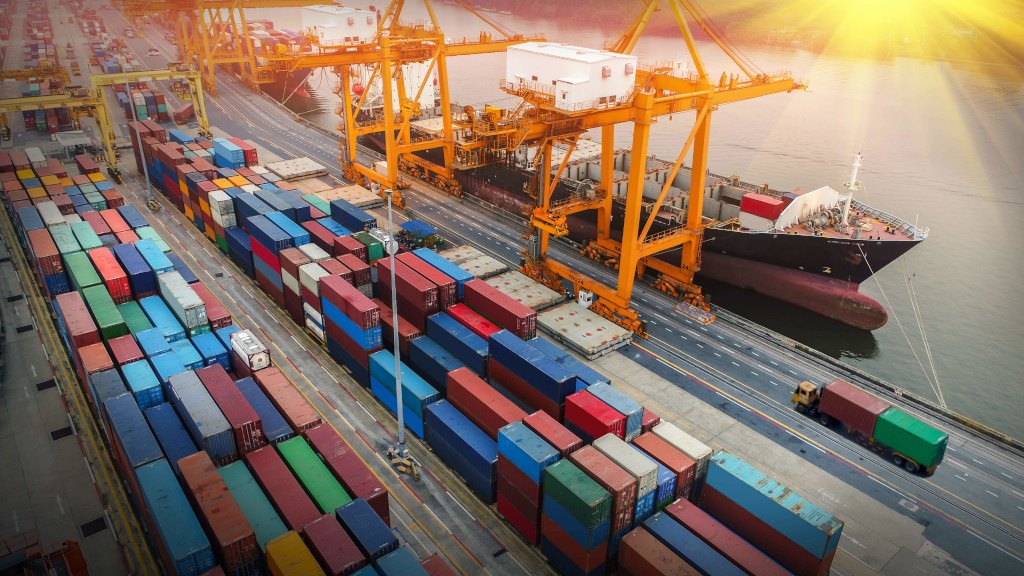RWI/ISL Container Throughput Index
The RWI/ISL Container Throughput Index is an indicator of global container throughput developed in cooperation between RWI - Leibniz Institute for Economic Research and ISL. The index is published monthly and provides information on the development of global container throughput, which is an important indicator for international trade and economic activity. International organisations such as UNCTAD, WTO and OECD use the index for their analyses.

RWI/ISL-Container Throughput Index
Calculating the RWI/ISL Container Throughput Index
Calculating the indicator starts about 20 days after the end of each month. At that time, about 25 ports have already published information about the container throughput in the latest months, which allows for a flash estimate of the indicator. Data still missing are forecasted using statistical time series models. Thereafter, the data are added up and the sum is adjusted for seasonal and calendar effects. Furthermore, the trend-cycle component of the seasonally adjusted figures is estimated to eliminate irregular influences. One month later, as a rule data on 65 ports are available. Then an update of the figures already published is made and a new flash estimate for the latest month is released.
To form the index, the container throughput of the considered ports is initially added. Missing monthly data are forecasted using statistical methods. Then a first provisional index is derived from the result, which uses the year 2008 as a base and therefore assumes the value 100. The actual Container Throughput Index is then derived out of this row by adjusting seasonal influences and calendar effects. In addition to the seasonally adjusted value, the smoother trend-cycle component of the index is published, which is less sensitive to temporary distortions. An example of such a temporary factor is the Chinese New Year, which drops the handling in the major Chinese ports for container traffic to a minimum.
Calculations since 2007 show that the Container Throughput Index is very closely correlated with the data on world trade, which are published by the International Monetary Fund (IMF). In particular, during the financial and economic crisis in 2008/2009, the index provided reliable data. As the German economy is heavily export-oriented, the assessment of the international economy is an essential basis for analysis. Against this background, the RWI/ISL Container Throughput Index helps to forecast the German economy effectively.

You will find details of individual ports in our Monthly Container Port Monitor.

